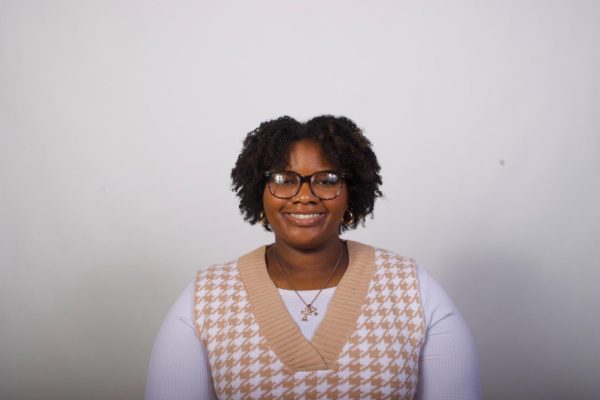It’s unacceptable to blame Ariana Grande
September 13, 2018
When the news broke that Mac Miller had died of an overdose, the headlines read, “Ariana’s Ex-Boyfriend Found Dead After Overdose.” Within a few minutes of the release, Ariana Grande disabled the comments on her feed, as she was flooded with messages such as, “it’s your fault,” “you should have stayed,” and “he did this because of you.”
That is unacceptable.
I do not know Mac Miller. I do not know Ariana Grande. Aside from a few of their more popular songs, I do not even know their music, but I do recognize toxic rhetoric when I see it.
Mac Miller’s overdose was not Ariana Grande’s fault.
Mac Miller’s death ignited a gut reaction in many: if she tried harder, he would still be here. If she waited, he would have gotten better. If she gave him one more chance, he would have battled his demons and would still be alive. Those judgements, even in their linguistic construction, are passive and lay the responsibility on Grande.
Passive language, while sounding innocuous, is quite damaging. For example, rarely do headlines look like “Man Rapes Woman in Park,” instead, it is usually “Woman Raped in Park.” The woman becomes an object that something tragic happens to, which i shifts the focus of the phrase to the action done to victim instead acknowledging the perpetrator. While the overall meaning does not change drastically, it is essential that journalists and consumers consider the consequences of warped perceptions.
The expectations placed on women to serve their partners, heal their past traumas, and constantly forgive results in a toxic cycle of its own right. Mix that with issues with mental health and addiction, and there lies controversy. According to the World Health Organization, almost “800,000 people worldwide die by suicide every year,” and globally, the United Nations estimates “190,900 premature deaths are caused by drugs.” Overdoeses and suicides are not synonymous, and they are both subjects that should be taken very seriously. The two represent longstanding epidemics that we have yet to solve; however, regardless of circumstance, people are to be held accountable for their actions, including Miller.
If those who blame Grande for Miller’s death truly believe that is so, then they would subscribe to the idea that it is acceptable to hold a partner hostage in a toxic relationship on the threat of death. A partner using suicide, drugs, or self-destructive behavior as leverage in order to prevent someone from leaving a relationship is called emotional abuse. Recognizing abuse in any form can difficult, but because it is so dangerous and can escalate so quickly, conversations such as this are imperative.
This column, while grounded in celebrity drama, was terrifying to write, and I know suicide, drugs, and domestic abuse are all sensitive topics, but I felt it was important. Headlines, celebrity gossip, and media all contribute to a general acceptance of toxic behaviors, and that must be stopped. If you or a loved one are feeling unsafe in a relationship, please call the National Domestic Violence Hotline at 1−800−799−7233.
Abby Carlin is a senior English language arts major. She can be reached at 581-2812 or at [email protected].















































